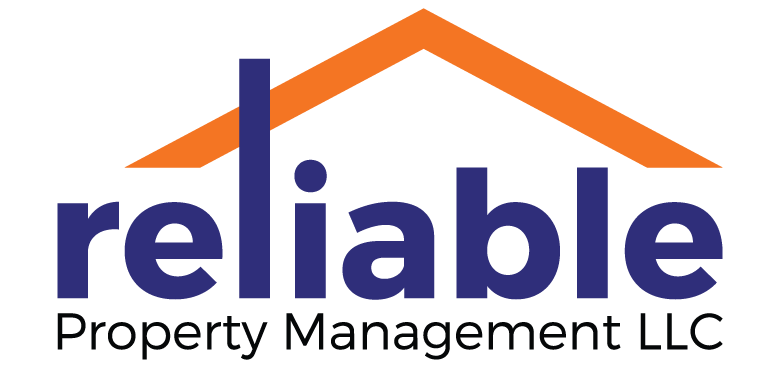Property preservation is not just about maintaining the physical integrity of a building; it's about safeguarding an investment, ensuring its longevity, and securing its value over time. Whether you're a homeowner, property manager, or investor, understanding the importance of property preservation is crucial for maintaining the integrity and value of real estate assets. In this comprehensive guide, we'll explore what property preservation entails, why it matters, and how to implement effective preservation strategies.
What is Property Preservation?
Property preservation encompasses a range of proactive measures designed to maintain and protect real estate assets. These measures include routine maintenance, repairs, and renovations aimed at preventing deterioration, minimizing risks, and prolonging the lifespan of buildings and structures. From regular inspections to emergency repairs, property preservation involves a proactive approach to asset management that prioritizes longevity and value preservation.
Why Property Preservation Matters:
1. Protecting Your Investment: Real estate is often one of the most significant investments individuals and businesses make. Property preservation helps safeguard this investment by ensuring that buildings remain structurally sound, aesthetically appealing, and compliant with safety regulations.
2. Minimizing Deterioration: Without proper maintenance and care, buildings are susceptible to deterioration caused by factors such as weathering, aging, and wear and tear. Property preservation interventions help minimize deterioration by addressing issues promptly and implementing preventive measures.
3. Preserving Property Value: Well-maintained properties retain their value better than neglected ones. By investing in property preservation, owners can maximize their asset's value over time, whether they plan to sell, rent, or use it for personal purposes.
4. Ensuring Safety and Compliance: Property preservation goes beyond aesthetics; it's also about ensuring safety and compliance with building codes and regulations. Regular inspections and maintenance activities help identify potential hazards and ensure that properties meet legal requirements.
Effective Property Preservation Strategies:
1. Regular Inspections: Conducting regular inspections is the foundation of effective property preservation. Inspections help identify issues early on, allowing for timely repairs and preventive maintenance.
2. Routine Maintenance: Implementing a proactive maintenance schedule is essential for preserving property condition and preventing costly repairs. This includes tasks such as cleaning, landscaping, HVAC servicing, and minor repairs.
3. Emergency Response Plans: Emergencies such as water leaks, fires, or storm damage can pose significant threats to property integrity. Having a comprehensive emergency response plan in place ensures swift action and minimizes the impact of unforeseen events.
4. Renovation and Rehabilitation: Over time, properties may require renovation or rehabilitation to address structural deficiencies, modernize amenities, or enhance curb appeal. Strategic renovation projects can breathe new life into aging properties and increase their marketability.
Conclusion:
Property preservation is not a one-time task but an ongoing commitment to maintaining and protecting real estate assets. By prioritizing proactive measures such as regular inspections, routine maintenance, emergency response planning, and strategic renovations, property owners can ensure the longevity, value, and safety of their investments. Whether you own a single-family home, a rental property, or a commercial building, investing in property preservation is essential for long-term success in real estate ownership.


